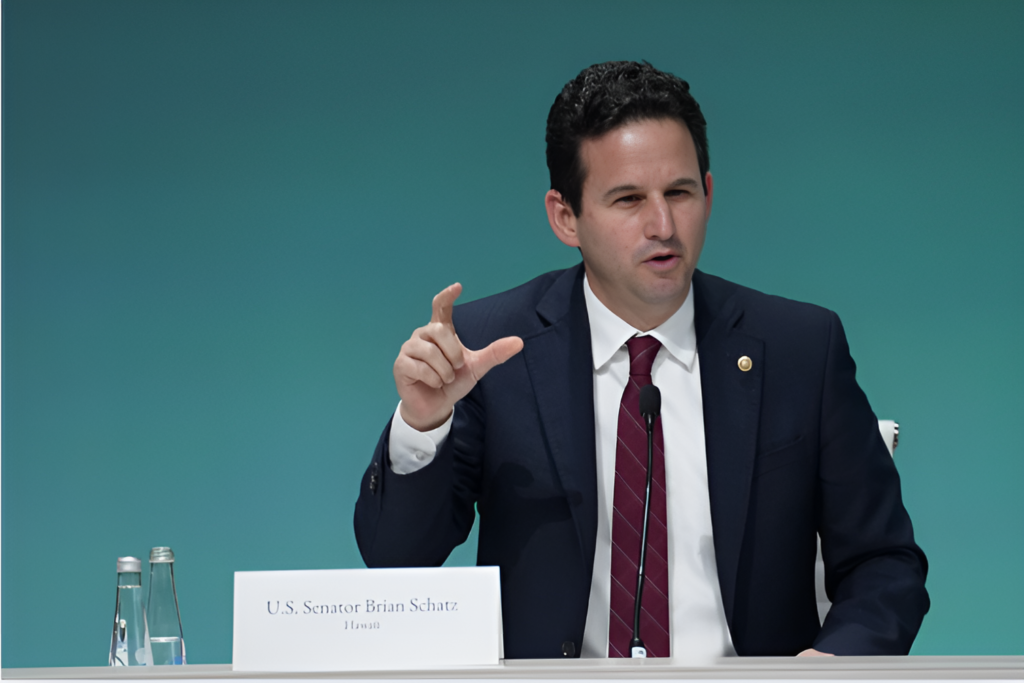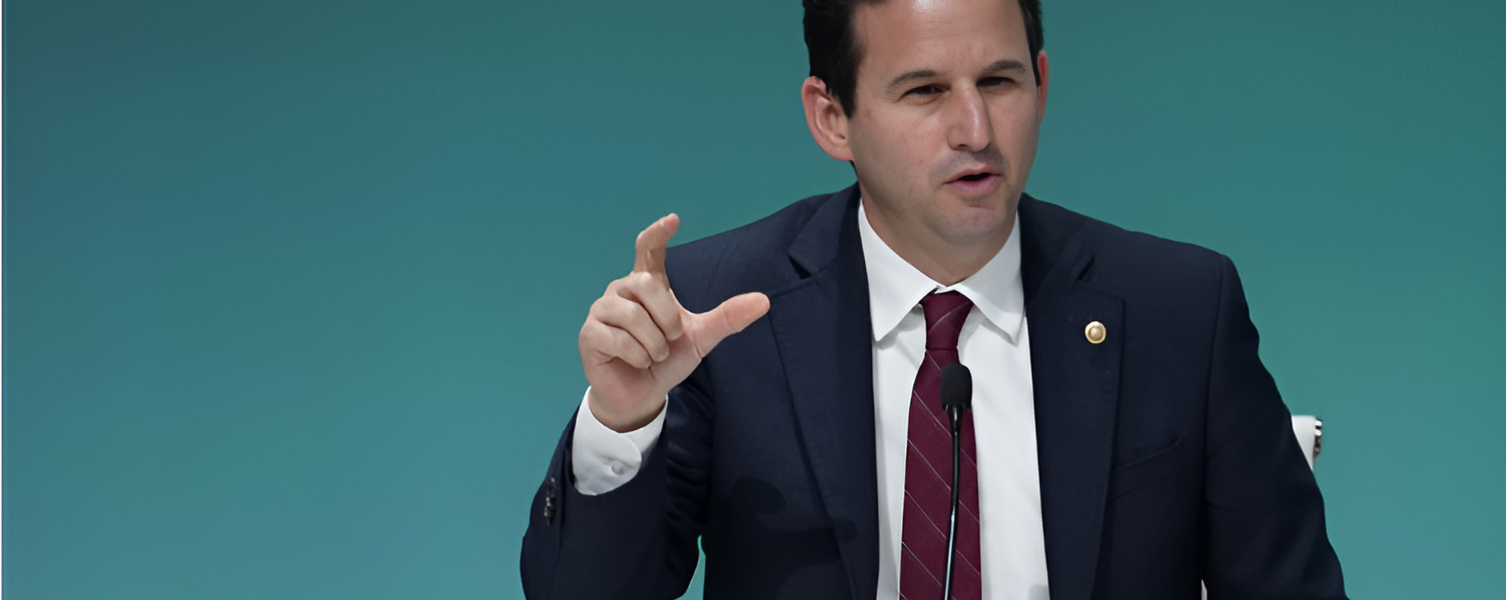
Senator Brian Schatz (D-Hawaii) has the easygoing charm of his home state, but don’t let that fool you. At 52, Schatz is a seasoned political operator who has already spent 12 years in the U.S. Senate. As he ascends the ranks of the Democratic leadership—set to become chief deputy whip—he’s taking aim at what he sees as his party’s critical failures.
In a sweeping interview, Schatz spoke about the Democrats’ inability to connect with voters, reliance on out-of-touch language, and need to rethink political strategy. His criticisms are sharp and provide a blueprint for a Democratic Party that he believes must change-or become irrelevant.
Democrats Need to Rebuild Their Messaging
Reflecting on the 2024 elections, Schatz avoids a “unified theory of the case” but identifies three key issues. First, he points to the information environment, which he says Democrats have yet to navigate effectively.
“Liberal donors think funding good journalism is a counterweight to the right-wing noise machine,” Schatz says. “It’s not enough. We need our own infrastructure—staff, money, and strategy.
In this, Schatz rejects the view that the party must steer clear of platforms such as Joe Rogan’s podcast. “Of course, we should go on Joe Rogan,” he says. “We need to go anywhere there are voters and listen to what they’re saying.” Stop Fighting Over Ideology
Schatz is skeptical of framing Democratic losses as a left-versus-center debate. He believes that such arguments are a waste of time and a way for entrenched factions to push their agendas.
“Some people will use any result to justify their worldview,” Schatz says. “Bernie is going to carry the banner for Bernie no matter if you win 400 electoral votes or lose 400 electoral votes. And centrist folks blaming pro-Palestinian or police reform activists? That’s all nonsense.”
For Schatz, the outcomes of electoral votes have far less to do with ideological purity and more with reaching out on practical issues with voters.
Talk Your Book
Schatz is particularly scathing about the language Democrats use, which he believes is alienating to ordinary Americans.
“I remember Kamala Harris saying, ‘I’m going to center the needs of the working class.’ I thought, I don’t know anyone in the world who says center,” Schatz says. “That’s a term from academia or advocacy, not real life.”
He extends this critique to political activism. “There’s this idea that saying magic words like ‘Green New Deal’ or ‘ceasefire’ defines progressivism. It makes us seem performative and disconnected.”
Schatz argues that focusing on the substance of policy—not its branding—would better serve the party.
Listening Is the Key
For Schatz, the biggest problem of the Democratic Party is its inability to “hear” concerns from voters: “When inflation was hitting hard, all we could talk about was how America was doing better than other industrialized nations. But voters just wanted to know why eggs were so expensive,” he says.
He believes Democrats should not only promote their message but also pull insight from everyday Americans. “We need to swim in the waters where people are having these conversations, even if they’re messy and wacky. That’s how we understand what matters to them.”
The Way Forward
As Schatz readies for a bigger role in Democratic leadership, he’s not coy about ambition. While he won’t say it out loud, he appears positioned to seek the Senate Democratic Leader position down the road.
To win, he says Democrats have to drop their “faculty club vernacular,” regain voter trust, and concentrate on real-life issues.
“We need to be the party that listens,” Schatz says. “Not the party that centers or makes space. Just listens.”





